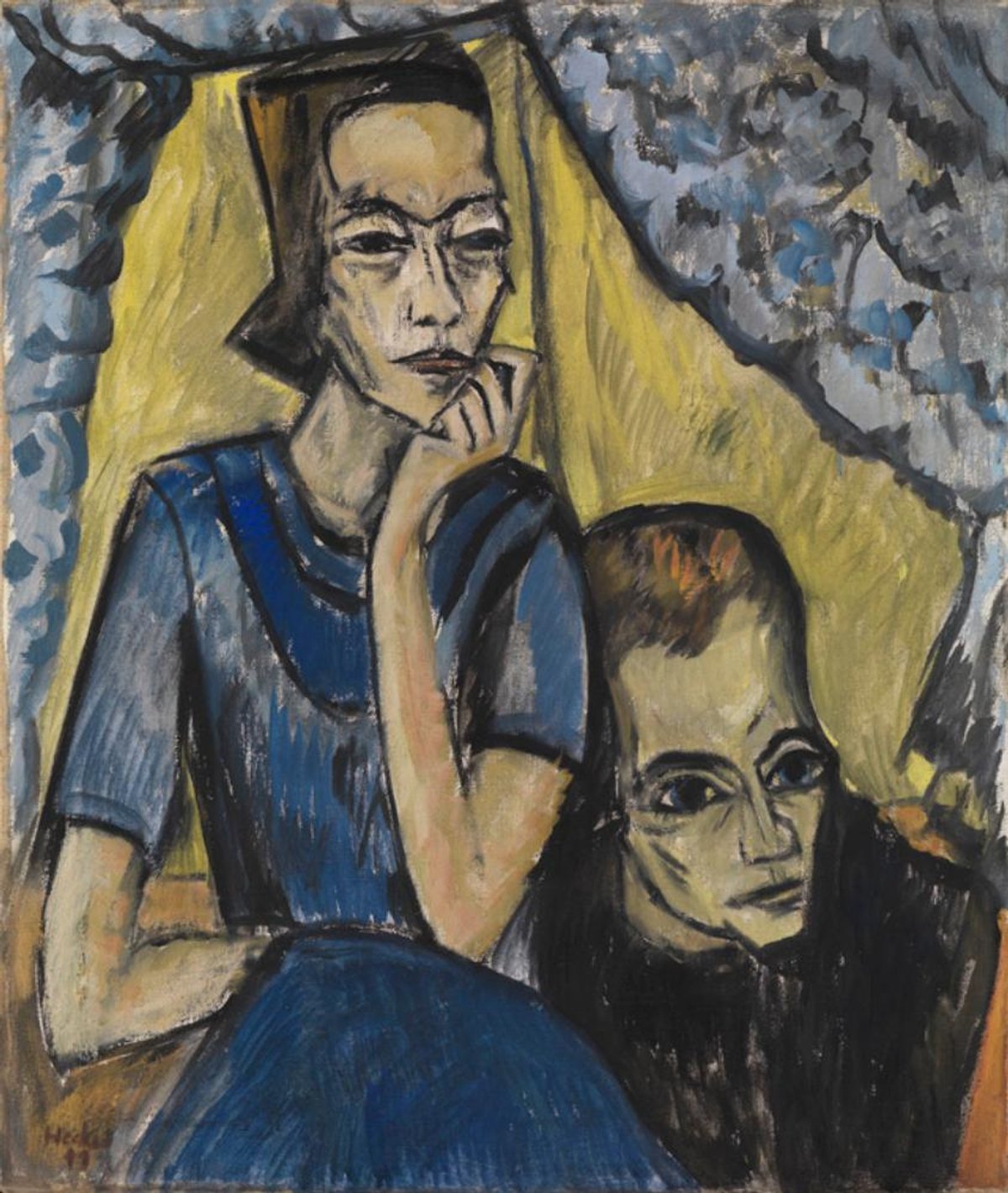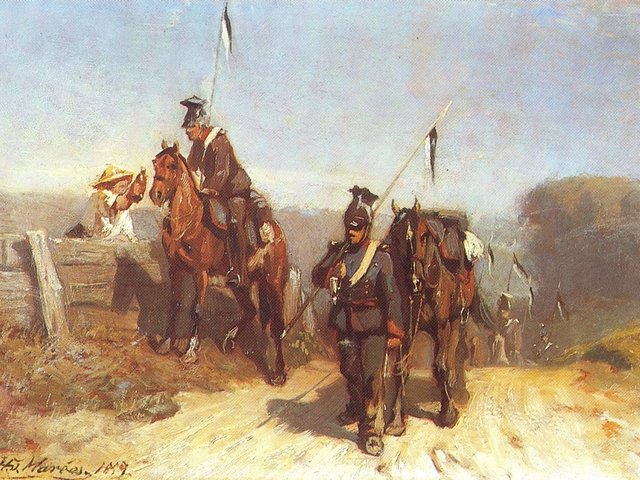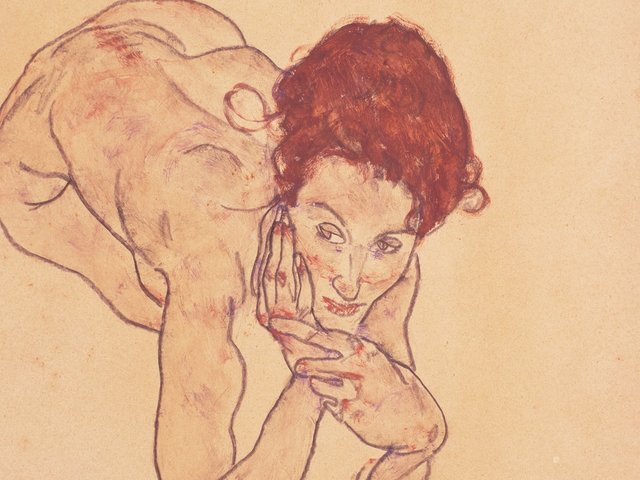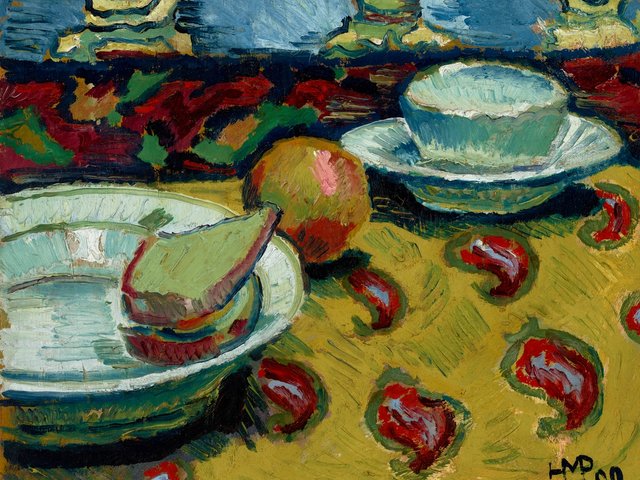Germany’s advisory commission on Nazi-looted art has determined that a painting by the Expressionist artist Erich Heckel in the Karlsruhe Kunsthalle should be returned to the heirs of Max Fischer, a Jewish journalist who left his possessions behind in Berlin when he fled to the US to escape persecution.
The 1913 painting, Siblings, portrays Heckel’s wife, a dancer known as Siddi, with her younger brother. Max Fischer inherited it from his mother Rosy Fischer, who together with his father Ludwig Fischer assembled one of the most important private collections of Expressionist art in pre-war Germany.
After the Nazis seized power in 1933, Max Fischer lost his contracts with German newspapers and was excluded from the Berlin press association. His income plummeted. He escaped in November 1935, taking only a small amount of luggage and leaving his possessions in a Berlin apartment. His German citizenship was withdrawn in 1941 and his property confiscated by the Third Reich.
At some point between 1934 and 1944—under unknown circumstances—the painting came into the possession of the artist. Heckel later loaned, then donated it to the Kunsthalle Karlsruhe.
The state of Baden-Württemberg, as the owner of the Kunsthalle, argued that Fischer might have sold the painting to Heckel before he fled, and that he may have received fair payment to which he would have had access until his account was frozen in 1936.
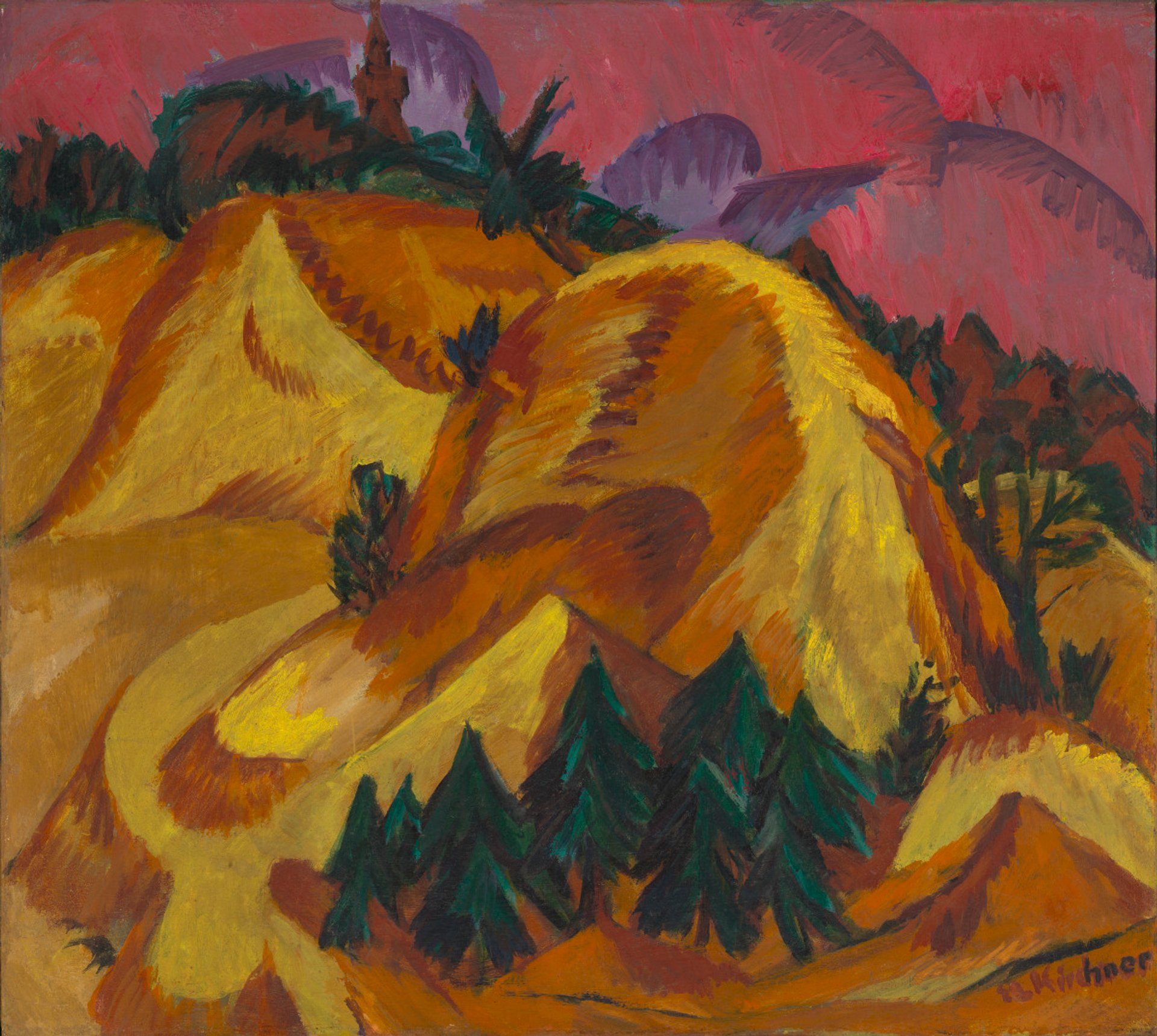
Ernst Ludwig Kirchner, Sand Hills in Grünau (1913)
But the commission ruled that “the argument that a legal business transaction with appropriate conditions between Max Fischer and Erich Heckel is the only imaginable circumstance is not convincing.” The commission deemed it just as likely that the painting had been sold by a third party who somehow gained possession of the work after Fischer’s escape.
The advisory panel cited German guidelines that require the current holder to prove that any works of art lost by a Jewish collector after 1933 were sold at a fair price and that the seller could freely dispose of the revenue. “In this case neither a legal transaction nor even a transfer of ownership to Erich Heckel are proven,” the commission said.
Max died childless in 1954 and his younger brother Ernst inherited his estate. The current heirs are Ernst’s children. They have pledged to donate Siblings to the Virginia Museum of Fine Arts, which is home to the remainder of Ludwig and Rosy Fischer’s collection—including a 1913 painting by Ernst Ludwig Kirchner titled Sand Hills in Grünau that was restituted by MoMA in 2015.


